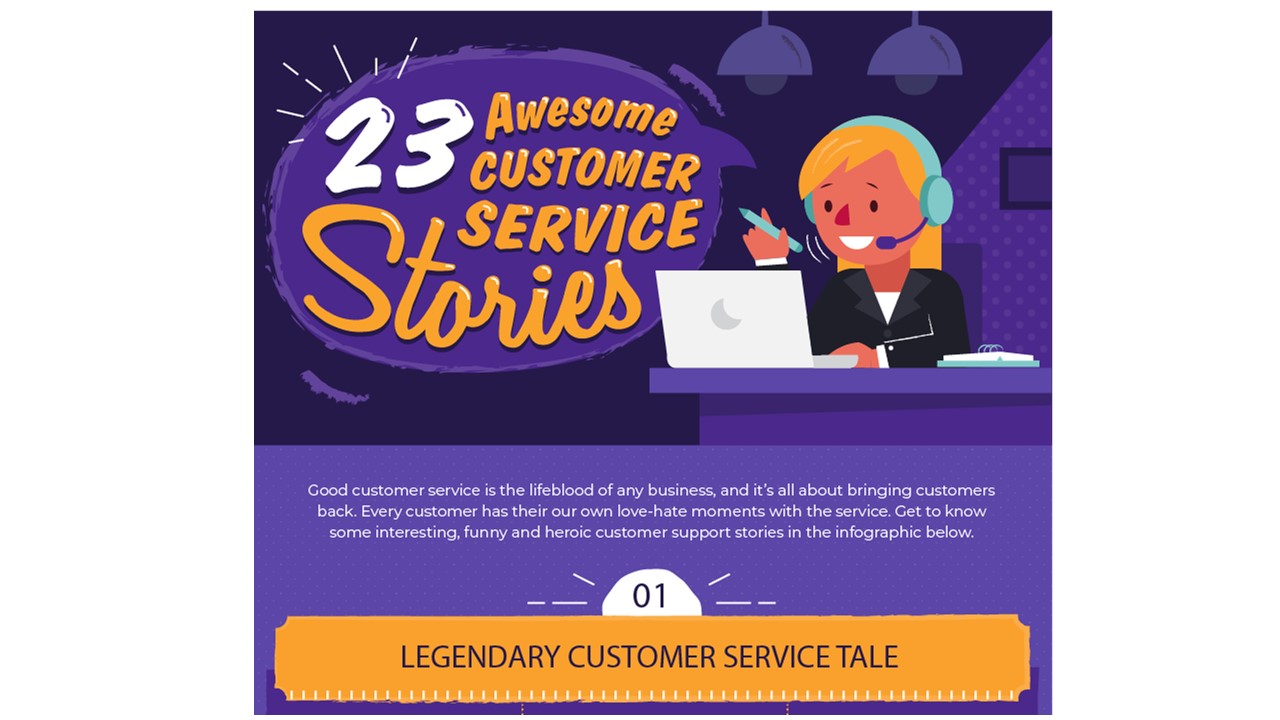One of the biggest challenges we face as business owners is balancing our desire to run profitable companies with our constant exploration of ways to improve customer service. Sometimes we just want to find rules we can follow to up our games.
But sometimes, the right thing is to break the rules!
There are times when your very best strategy is to completely ignore conventional wisdom and blaze your own trail. When I reflect on how I’ve managed to start and grow a bunch of successful companies, all while striving to deliver excellent customer service, I realize just how many rules I’ve broken along the way.
1. Realize revenue isn’t everything.
Yes, of course sales and revenue matter. You need money coming in to keep your company afloat. But I’ve found great success in flouting the rule that says revenue should be the priority.
What else should you prioritize instead? In my opinion, profit should be first and foremost. While revenue counts, it’s only part of the equation—an equation that you solve for profit.
Some of the best ways to improve customer service can begin with simply inviting your customers to relax and enjoy their interactions with your company.
Why is the distinction between revenue and profit so important? Because you can do lots of different things with revenue. You can pay bills. You can hire employees. You can invest. You can buy an expensive foreign car. But unless you designate a portion of all your revenue as profit, there’s likely to be nothing left when you get to the bottom of your balance sheet after you deduct expenses from revenue.
No profit is bad news. And once you’ve taken care of profit, then you’re free to dedicate yourself to exploring ways to improve customer service, knowing you’re actively securing the future of your business. Try not to fall prey to the rule telling you sales is everything.
2. Give your all to the 20 percent.
Sorry, Mom, but while this rule is great for interpersonal relationships, I think it’s meant to be broken when it comes to business. Because, quite frankly, not all customers are equal.
If 20 percent of your customers bring in 80 percent of your business, what’s the best use of your resources? It’s that critical 20 percent.
Now don’t think for a second I’m advising you to dismiss or neglect smaller customers. I’m advising you to consider breaking the rule that says you should spend equal time and energy on every single client, regardless of how much money they spend with you.
Improving your customer service isn’t about shorting the little folks. It’s about elevating your game when it matters most to your business. Spend your time and energy wisely. When you’re looking for ways to improve customer service, make sure you deliver that service to your most valuable customers first.
Read more: Business Tip: Your Customer is a Person
3. Focus on being different instead of being the best.
We’re human beings. And that means we can spend our entire lives in pursuit of perfection and never attain it. Yes, it’s good to aspire to deliver excellent service, but if you’re striving to be the best in your category, you may be missing the mark.
I’ve found that it can be much more advantageous to be different than better. Stand out from the crowd. Compete on your own terms. Refuse to be measured by other people’s standards. That’s how you can capture some of your best customers and serve them in a way that’s memorable and mutually fulfilling.
4. Scale back on your offerings.
Rather than adding more frills to your product or service, think about embracing the simplicity of your unique product. You don’t have to continually pivot to meet shifting consumer whims—in fact you may end up losing everything that makes you distinctive when you’re constantly changing.
Think about sticking with your signature offering, rather than trying to be everything to everyone. Improving customer service isn’t always about doing more. It can be about doing what matters to your clients. One of the best ways to improve customer service is focusing on fulfilling your unique clients’ needs.
5. Share your opinions.
Now I’m not advocating that you start political and religious arguments in business meetings. But I have found that appealing to emotion can be a powerful motivator.
Without emotion, we don’t have passion, and sharing your passion—your emotional investment—for your business can invite people to interact with your company on a level that’s too often ignored.
Customers respond to emotion. Employees respond to emotion. Heck, I respond to emotion, and so do you! I’ve found great success when I’ve chucked the advice to keep things on an even keel, free from emotion.
When your customers are emotionally invested in you and your business, they’re committed to seeing you succeed. And they may be more likely to see customer service as an interactive exchange, rather than a one-sided experience.
6. Mix business and pleasure.
If doing business doesn’t give me pleasure, then I’m doing something wrong.
Now there are lines that shouldn’t be crossed, and it’s important to keep business relationships and events entirely appropriate. But there’s no reason why work has to always be completely serious. Sure, a basketball hoop hung over a trash can may not be “professional” according to conventional wisdom, but who cares? Finding ways to bring lighthearted, appropriate fun into your business relationships can be enormously beneficial.
Don’t think business has to be all work, no play. Some of the best ways to improve customer service can begin with simply inviting your customers to relax and enjoy their interactions with your company.
Rules can be great. They help us navigate intersections. They can keep us safe. But rules can be limiting in ways that hinders creativity.
Try not to be a slave to a rule that keeps you from running your business in the best, most ethical, most authentic way. Don’t let rules keep you from constantly improving the ways in which you serve your customers.
Author: Mike Michalowicz
Author, Profit First









